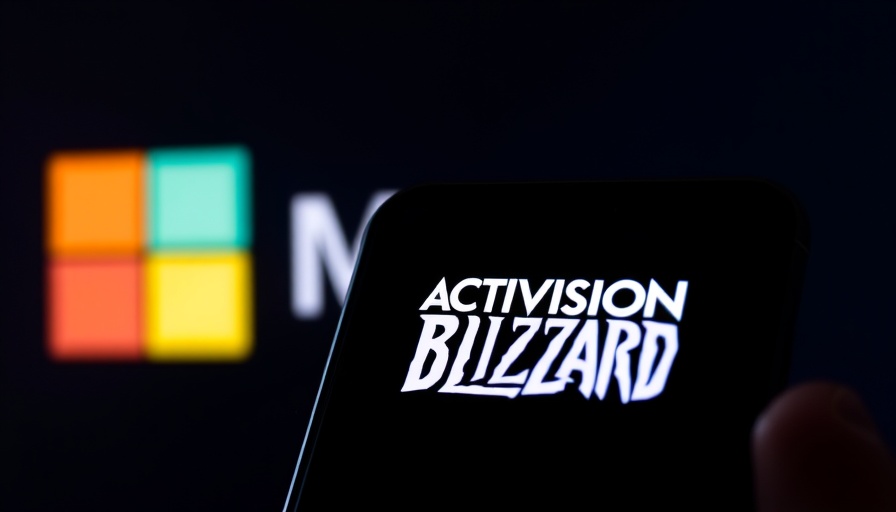
Microsoft's Victory Over FTC: What It Means for the Gaming Industry
In a significant legal win for Microsoft, the US Court of Appeals upheld the company's $69 billion acquisition of Activision Blizzard, a decision that casts a shadow over the Federal Trade Commission (FTC) and its ongoing antitrust battles. This judgment not only allows Microsoft to proceed with its plans but also shapes the future landscape of the gaming and technology markets.
The Context of Corporate Acquisitions and Antitrust Laws
Historically, corporate mergers and acquisitions have been scrutinized under antitrust laws to ensure fair competition. The FTC's initial opposition to the Microsoft-Activision merger rested on concerns that it could undermine competition in the gaming space. These fears highlighted the balance between corporate growth and consumer choice, a critical issue in today's rapidly evolving digital economy.
Consumer Perspectives: The Benefits of Competition
For avid gamers and general consumers, Microsoft’s acquisition promises benefits rather than drawbacks. By committing to keeping popular title “Call of Duty” available on rival platforms such as PlayStation, Microsoft is aiming to ensure a competitive environment. This decision potentially enhances consumer options in gaming, fostering an ecosystem where choice drives innovation.
The Role of Regulatory Bodies and Future Oversight
The FTC’s rejection of the proposed merger reflects a larger conversation about the role of regulatory organizations in the tech industry. As technology firms grow in size and influence, the challenge lies in appropriately managing these power dynamics without stifling innovation. This case could set significant precedent for future acquisitions and the expectations placed on companies to ensure competitive fairness.
Parallel Example: Other Major Tech Mergers
The recent approval of Microsoft’s purchase is reminiscent of past high-profile tech mergers that faced similar scrutiny. The acquisition of Time Warner by AT&T and the resulting regulatory challenges serve as a recent example of the complexities involved in large-scale business consolidations. Each case showcases how consumer behavior and market dynamics influence regulatory stances.
The Future of Gaming: Predictions after the Merger
As the gaming industry continues to evolve, the fallout from this acquisition may catalyze significant changes in how companies approach gaming content and distribution. With Microsoft's influence, emerging technologies such as cloud gaming may become more mainstream, transforming how consumers access games.
Concerns and Counterarguments: What Critics Are Saying
Despite the ruling’s implications for consumers, critics argue that such consolidations could diminish diverse options in the marketplace. Detractors worry that the move may lead to reduced innovation and push smaller developers out of the industry, ultimately limiting choices for gamers who want unique and varied experiences. These concerns underline the complexity of market dynamics in a world dominated by major tech players.
The Value of Staying Informed in an Evolving Landscape
In light of these developments, it's crucial for consumers, businesses, and individuals to understand how such mergers affect their rights and market choices. Empowerment through information is vital in ensuring that the interests of users are adequately represented in an industry dominated by powerful players.
Conclusion: Take Charge of Your Digital Future
Damit es effektiv gelingen kann, Kontrolle über eigenen Daten zurück zugewinnen, bleiben Sie stets aktuell informiert - eintragen und Wissen erhalten.
 Add Row
Add Row  Add
Add 




Write A Comment